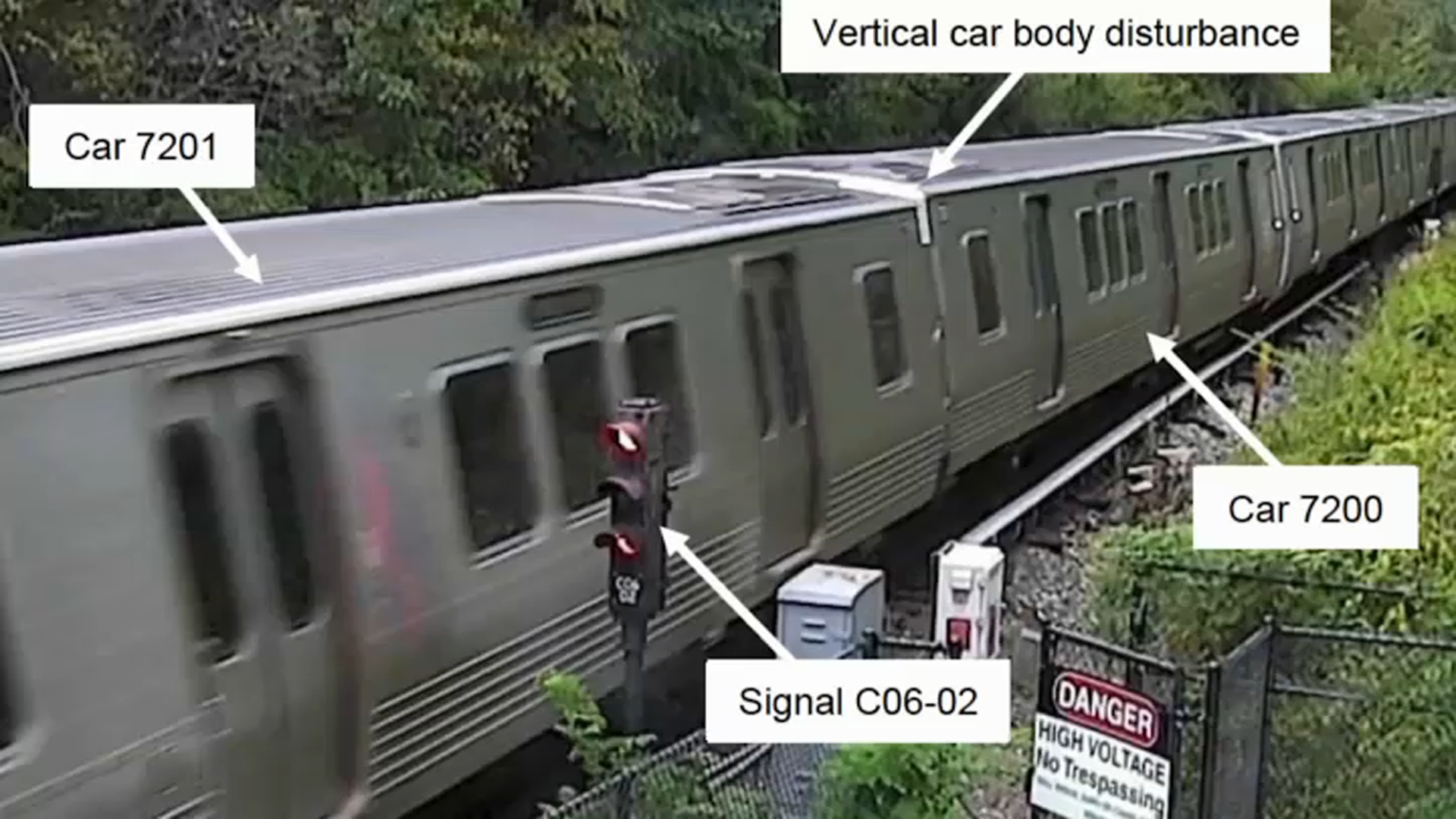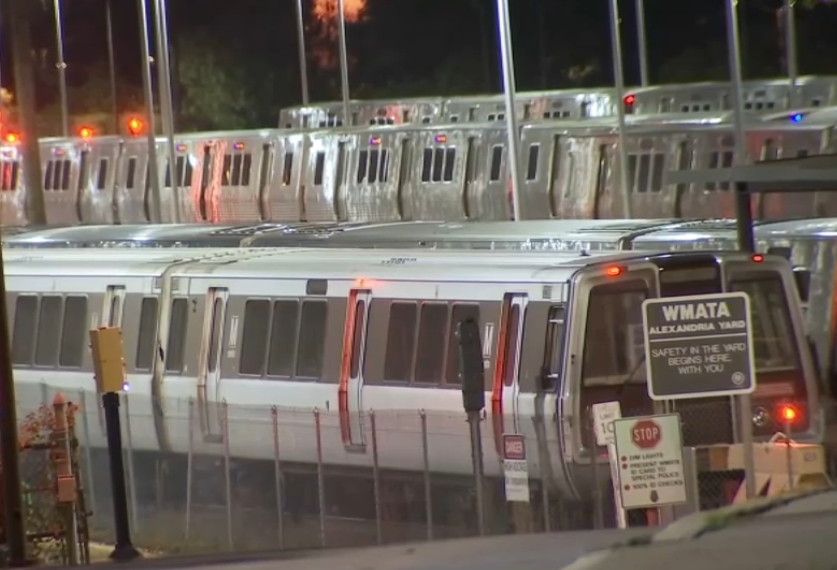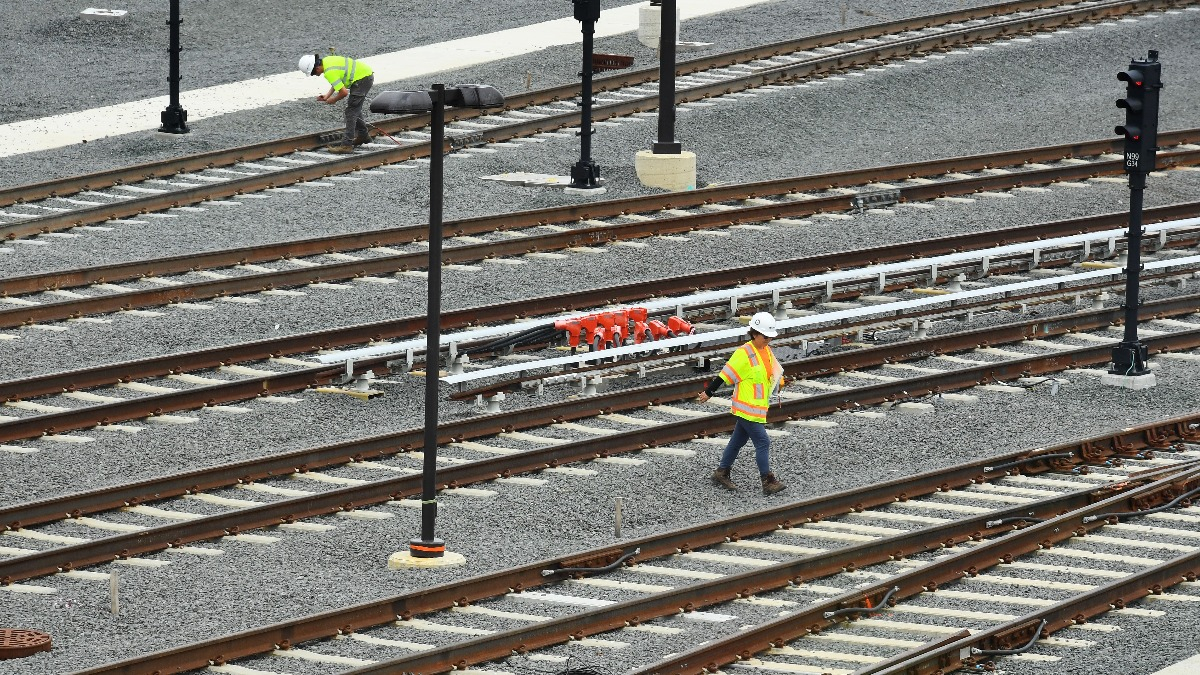It’s going to be a tedious, years-long process that will cost $55 million. News4’s Adam Tuss reports.
Metro says it started the process of replacing the wheels on all of its 7000-series railcars, and some returned to service Monday morning.
A 2021 derailment on the Blue Line grounded all of the 7000-series cars for months. The National Transportation Safety Board found that an issue with the wheels caused the train to derail and re-rail itself three times before finally coming to a complete stop outside the Arlington Cemetery Station. No one was seriously hurt after the derailment.
The NTSB found in its investigation there needed to be more force to press the train wheels together to prevent them from moving outward.
Metro said it developed a plan to press the wheels on the cars after the NTSB's report, and once the process ramps up, it expects to complete about 20 cars a month.
We've got the news you need to know to start your day. Sign up for the First & 4Most morning newsletter — delivered to your inbox daily. Sign up here.
"Pressing the wheels is an exhaustive process that requires 72 hours of work for each pair of railcars. Unlike changing the tires on a car, the entire wheel assembly or truck, including the axle, frame and two wheels must be removed from the railcar, similar to removing the entire front end of a vehicle," Metro said in a release. "The wheels must be disassembled from the truck, and new wheels with a tighter fit installed at an increased force onto the axle before being reassembled onto the railcar."
In all, the process to repress the wheels is expected to take several years and will cost $55 million, Metro said.
Crews will perform additional inspections, wheel measurements, and engineering analysis on the railcars before they return to the standard periodic inspection intervals, according to Metro.
“It will take an extensive amount of work over the next few years, but as we begin to have more 7K’s available, customers will begin to see even more improvements in reliability and service," Metro General Manager Randy Clarke said in the release.




